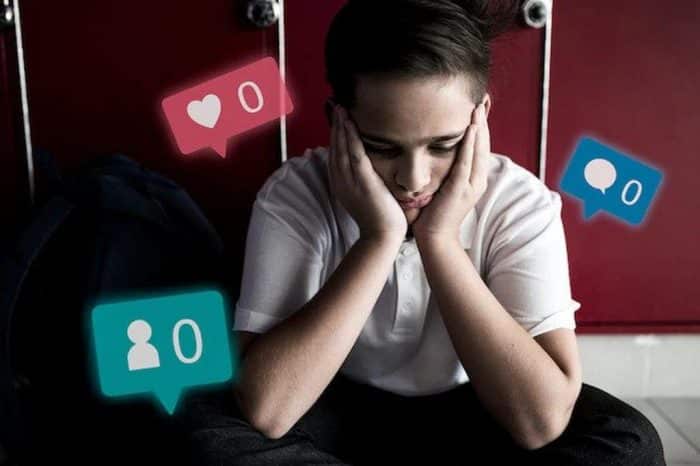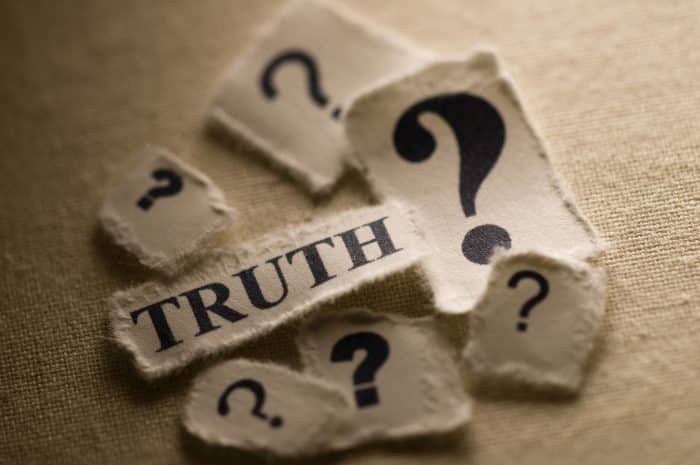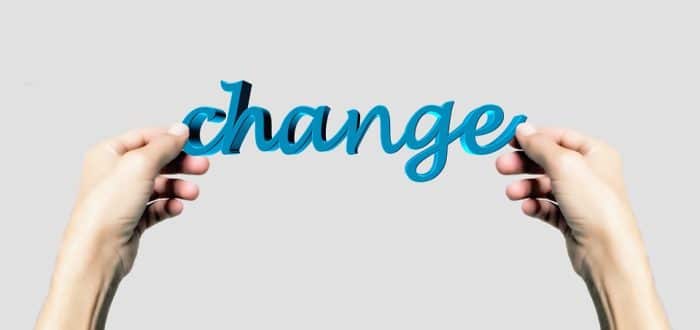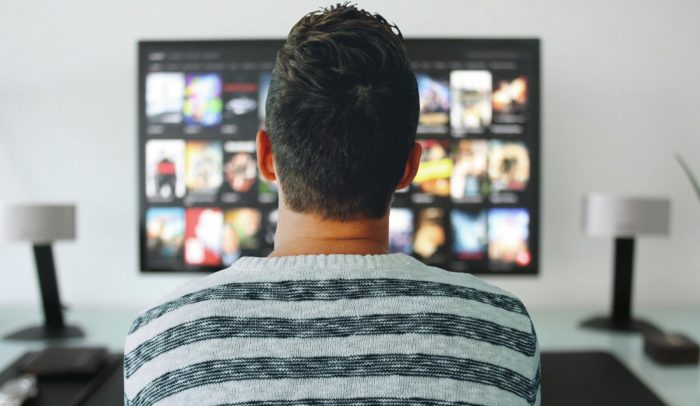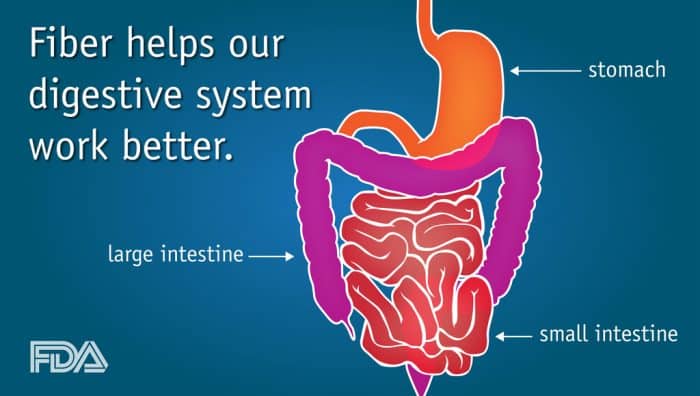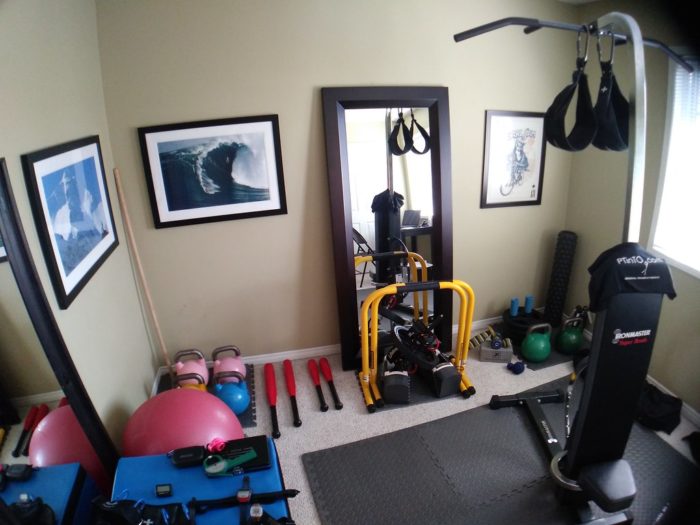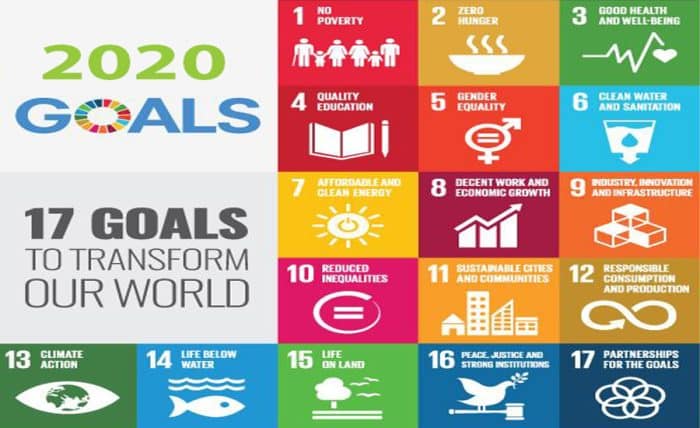Social Media and Addictive Substances Have These Things in Common
It has become increasingly clear over the past few years that excessive social media use is harmful. The “Facebook leaks” of 2021 showed that the company’s executives knew about the harmful effects of social media, but the entire world could have told you that. Everyone who has used social media recognizes that overuse is bad for their mental health.
Unfortunately, that knowledge alone does not stop people from using social media. Excessive social media use has become so common – and dangerous – that many rehab centers now treat social media addiction.
But can social media really be compared to substance use? Skepticism is understandable, but evidence shows some major similarities between the effects of social media and substances.
If you’re wondering whether you or a loved one might be addicted to social media, here are some of the things social media and addictive substances have in common.
1- Withdrawal
One of the most damning commonalities between social media and addictive substances is that stopping the use of both can lead to withdrawals. Stopping social media use of cold turkey will not lead to the dangerous physical withdrawals of stopping substance use of cold turkey. But it can lead to agitation, feelings of despair, mood alteration, and more.
People addicted to social media will also go to great lengths to seek out ways to access it if their primary means of access is unavailable. Psychological withdrawals and cravings are evidenced in studies of social media addiction.
2- Numbing and/or Stimulation
People with substance use disorders use substances for one of two main reasons: numbing difficult feelings or stimulating positive feelings. Someone who is experiencing depression may take sleeping pills to numb the pain or cocaine to feel “good.” Sometimes, people will take a combination of substances to achieve both purposes.
Social media is used for the same purposes. Sometimes, people will scroll through social media mindlessly, in order to distract themselves from difficult feelings. At other times, they will look for stimulating posts or arguments in the hope of feeling strong emotions like joy or anger. We have all used social media in both ways. When using social media to numb or stimulate yourself becomes a coping mechanism, an addictive pattern forms.
3- Avoiding Loneliness
Loneliness and isolation are strong experiences that often trigger substance use and addiction. In many cases, people find a community of others who are using substances, and this becomes part of their experience of substance use. It becomes even more difficult to stop using substances the more enmeshed a person becomes in such a community.
Social media is often used by people to avoid loneliness and isolation. It gives one immediate access to billions of people around the globe. No matter what time of day it is, there is always someone to engage with. This can become addictive, leading to stress and amplified feelings of isolation when social media communities are unavailable.
The simple reality is that, while many online communities can be safe spaces for people to engage with others, they can quickly become difficult to leave behind. Someone in a very participatory Discord server may find themselves checking their phone all day for notifications, so as not to get left behind in a conversation.
Furthermore, social media communities are often superficial, and when a person needs help most, they are left with no real friends. This increased isolation only leads to more social media use, in the same kind of cycle experienced by users of substances.
4- Self-Sabotage
People with substance use disorders regularly self-sabotage. This is for a number of reasons. Some self-sabotage when things seem to be going “too well.” Others self-sabotage when they subconsciously desire help but believe that they won’t ask for it or get it until things get worse.
Self-sabotage is common among social media users as well. Students with deadlines to meet, employees who are meant to be doing important work, or even business owners whose businesses are in danger, all may procrastinate using social media. This is a form of self-sabotage, as it can land them in extremely hot water.
Social media use is not exactly the same as substance use. However, there are significant parallels, which have led to the acceptance of the concept of social media addiction. More people are becoming addicted to social media every day, and without intervention or treatment, it can lead to severe consequences.
– If you are looking for guest posts, write for us entertainment now.

